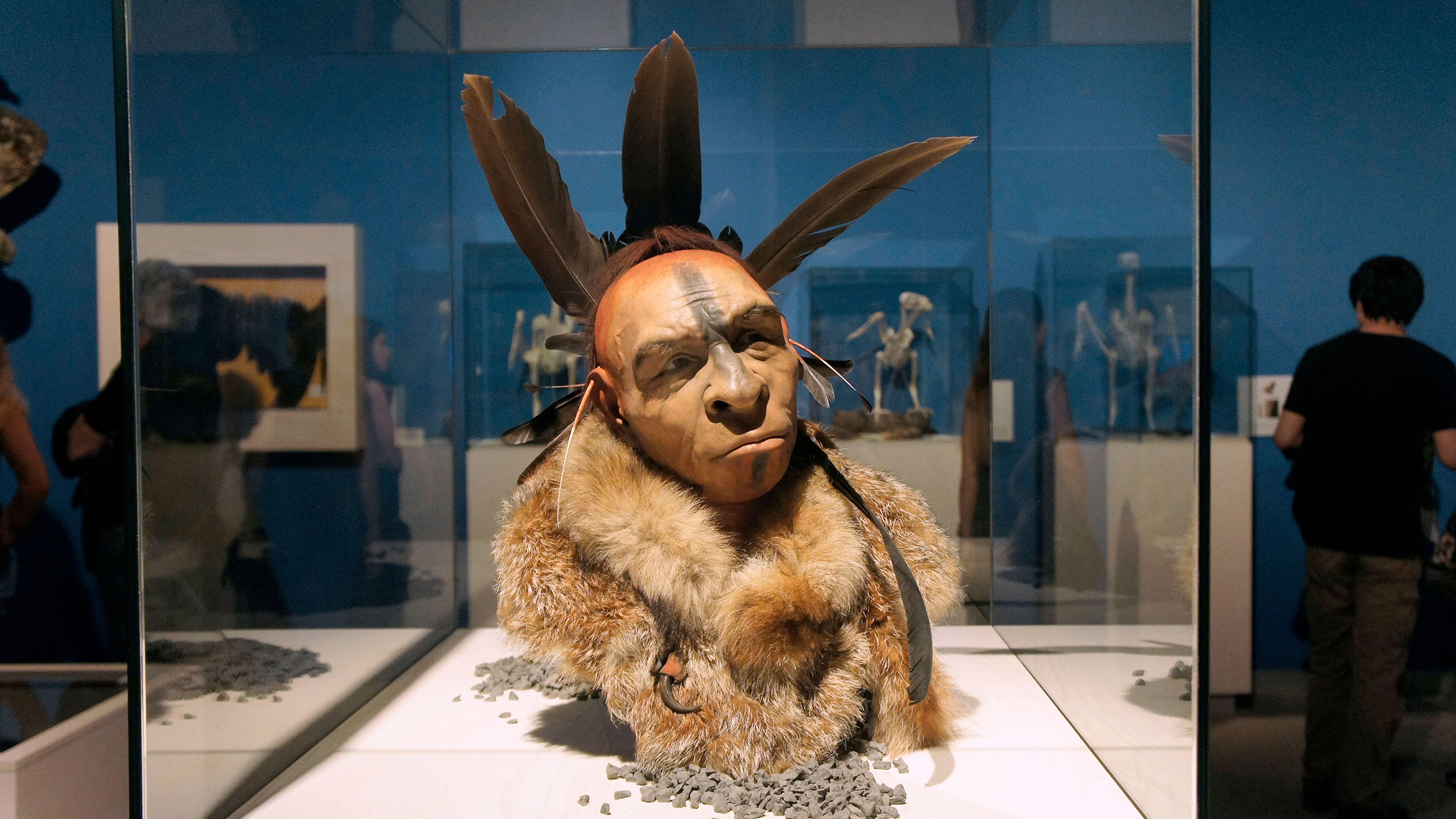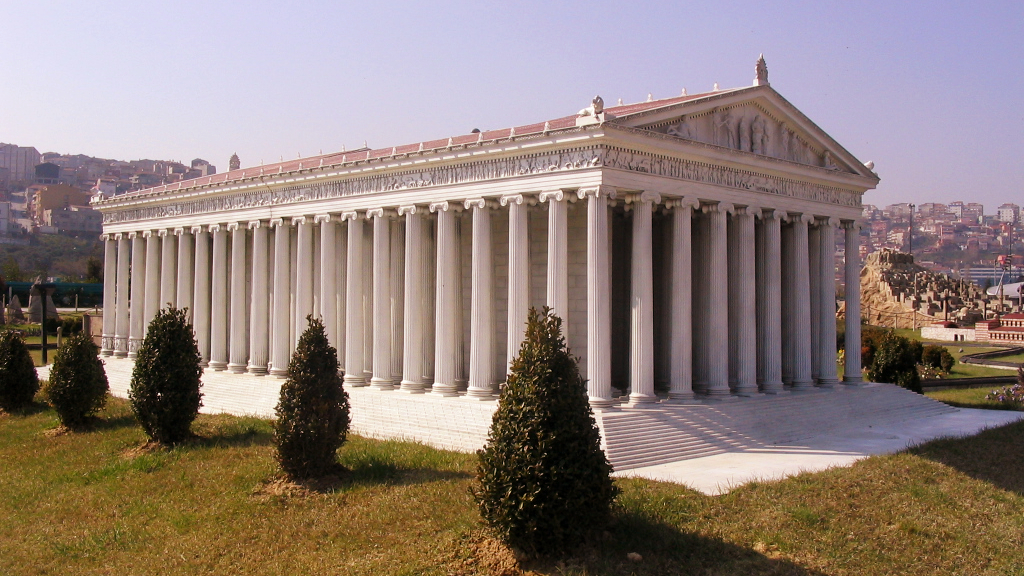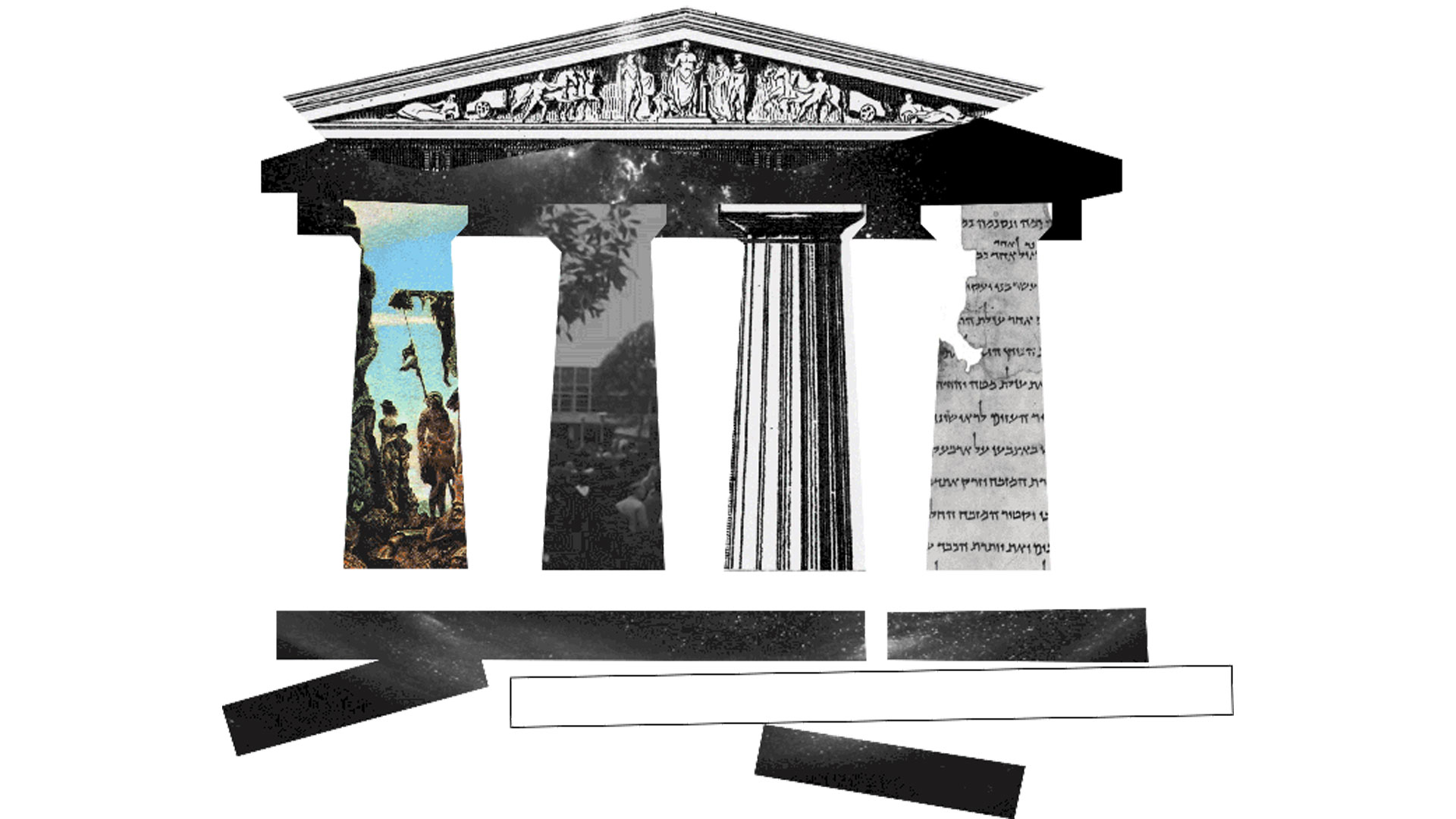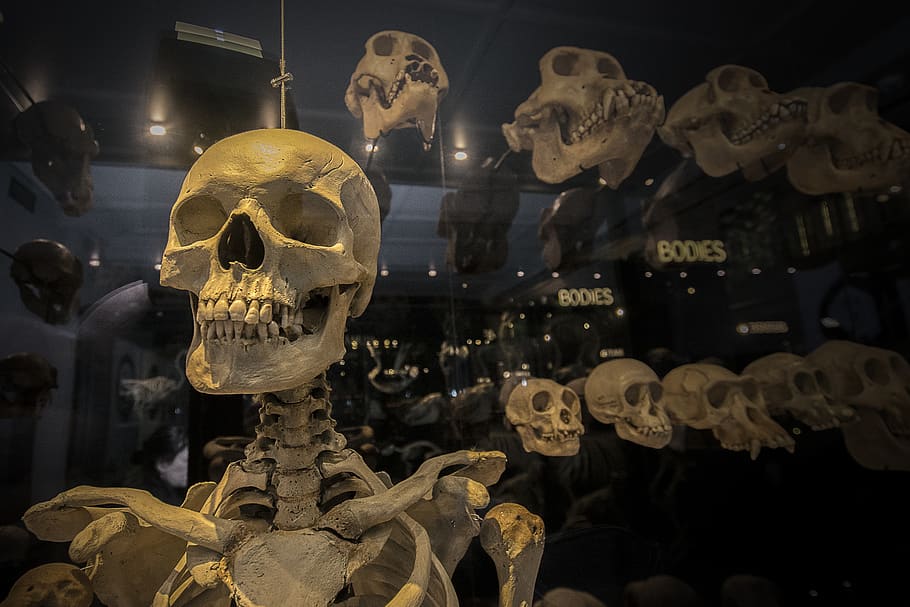Michael Pollan on the Sacred, Ancient Act of the BBQ
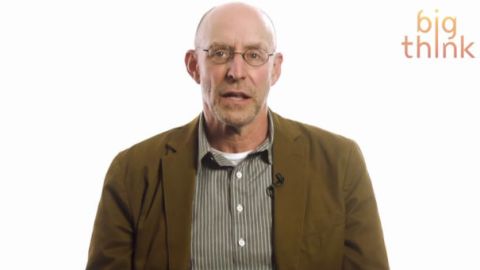
Over Memorial Day Weekend, did you attend a barbeque? Perhaps you passed village-sized picnics gathered around smoking grills in the park? Now that it’s spring, we’re entering the time of the year when raw slabs of meat bring people together. It’s not entirely different from the rituals of our ancestors, when a successful hunt was occasion to please the gods with the pleasing aroma of slowly cooking animal.
Michael Pollan, a definitive voice on modern food issues and the author of the seminal The Omnivore’s Dilemna, shares his insights into the ancient art of the barbeque. And in doing so, he challenges us into rethinking our relationship with food–his trademark. Pollan stopped by Big Think’s studio to talk about his latest book, Cooked: A Natural History of Transformation.
Pollan explains our barbeques ancient roots: “Pitmasters today stand in for the, you know, this lineage that goes back probably a couple million years and passes along the way through the priests and Greek culture who oversaw the rights, the ritual sacrifice or the rabbis in the old testament who also did ritual sacrifice.”
Unfortunately, with factory farms pumping the animals we eat full of hormones and imprisoning them in stressful conditions, we have lost touch with the meat at the core of one of our oldest activities.
“We eat meat in this incredibly thoughtless, cavalier way. We waste it. We don’t give a thought to the animal. We don’t give a thought to the person who raised it or hunted it,” says Pollan. “I think in the process we’ve lost something. And that carelessness, it now infects the way we raise the meat. That we treat the animals really badly and we don’t honor it the way we need to honor it.”
For more on Pollan’s discussion on the ancient practice of barbeque and how we should rethink one of our favorite warm-weather pastimes, watch this clip from Big Think’s interview:

